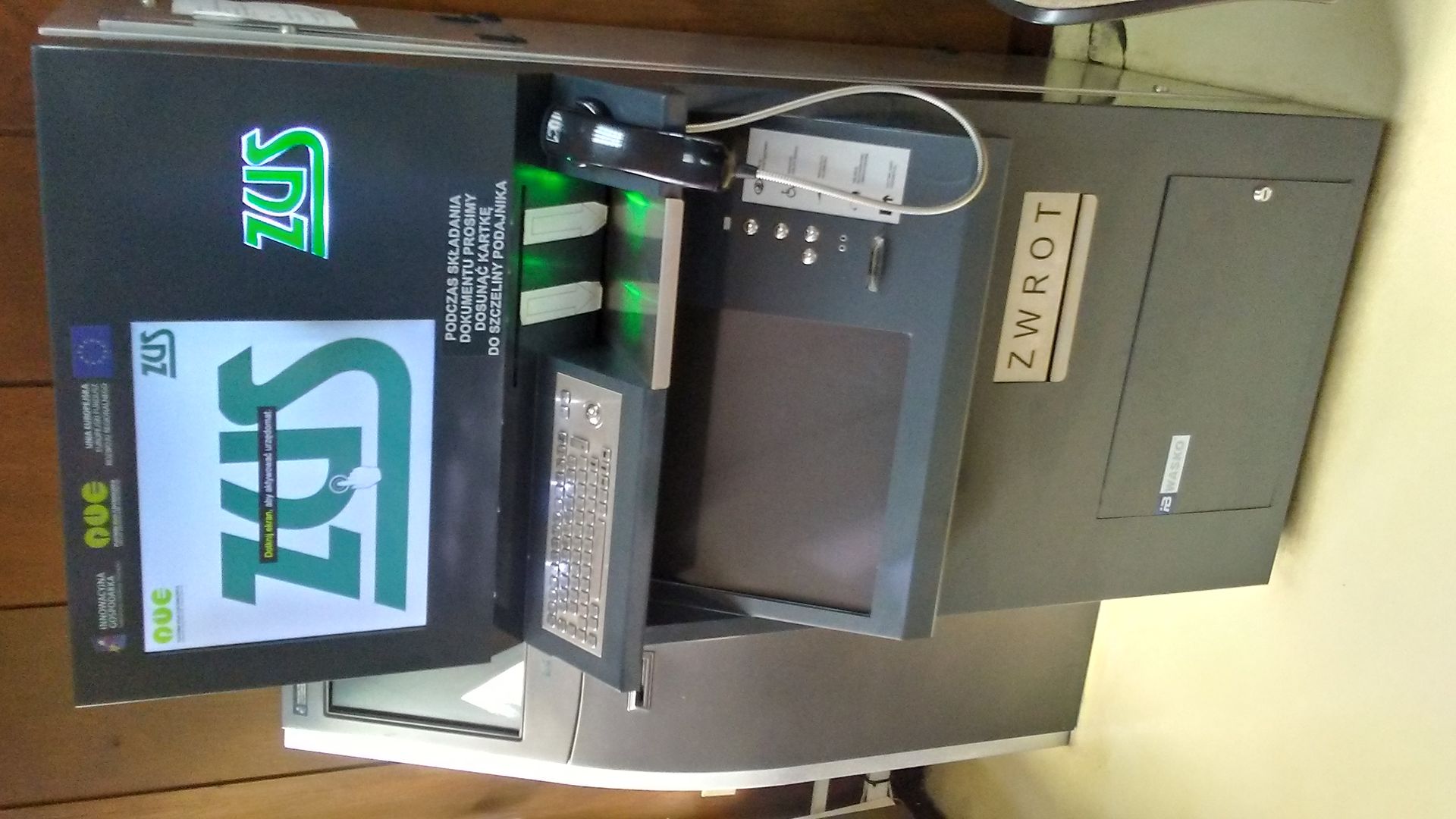Social Insurance Institution
6.78

Overview
The Social Insurance Institution (ZUS) in Poland, established in 1934, has undergone a complex history involving various reforms and structural changes. ZUS was created under the 1933 legislation with the aim of merging five insurance institutions. After a period of dissolution in 1955, ZUS was reactivated in 1960. In 1987, it was awarded the Commander's Cross with Star of the Order of Polonia Restituta for its merits in providing social benefits. Over the years, ZUS became one of the pioneers of digitalization in Poland, introducing a comprehensive IT system (KSI) from 1997 onwards, which led to a significant reduction in management costs. However, this system was criticized for years due to operational errors and high construction costs. ZUS also launched the Electronic Services Platform (PUE), enabling easier contact with citizens and online handling of their matters. Architecturally, ZUS buildings have become increasingly adapted to the needs of people with disabilities and have received awards for innovative solutions, such as the ZUS Headquarters complex in Warsaw, which was recognized in 2007. ZUS is not only responsible for implementing social insurance regulations but also for collecting health contributions and managing funds. In 2012, the institution was criticized by the European Court of Human Rights for violating citizens' right to good administration, which affected its reputation. Interestingly, in 2014, the Supreme Audit Office (NIK) pointed to promises of improvement in debt collection, while also highlighting a reduction in the actual level of arrears. Over the years, ZUS has also been the site of various scandals, including corruption cases, which undermined public trust in the institution. ZUS's activities focus on serving 25 million citizens, making it a key component of the Polish social security system, and its history and undoubtedly important achievements demonstrate the dynamic development of the institution in Poland.
Location
Tickets
Powered by GetYourGuide
2026 Wizytor | All Rights Reserved